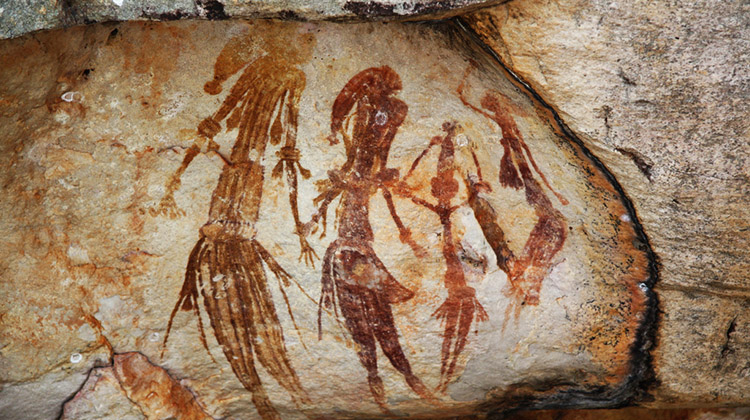Indigenous students have trouble finding culturally appropriate curriculum

It’s NAIDOC Week again but Aboriginal and Torres Strait Islander students still find it difficult access to culturally appropriate curriculum and pedagogy.
Analysis published by Dr Kevin Lowe of UNSW (and associates) has found that barriers of indifference, resourcing, and leadership have worked to limit students’ ability to access quality language and cultural programmes despite the content enhancing academic performance.
Dr Lowe’s paper, ‘School-based Indigenous cultural programs and their impact on Australian Indigenous students’, considered the fact that while state and territories around Australia are attempting to shift the gap of underachievement for Indigenous students, programs currently in place are patently not working.
“We looked at what the research told us about why these policies are not impacting on the gap between Indigenous and non-Indigenous students’ achievement levels,” explained Dr Lowe.
The review looked specifically at Australian research into the cultural, social and educational impacts on the Aboriginal and/or Torres Strait Islander students who have had access to locally developed school-based Indigenous languages and/or cultural programmes.
“The question underpinning our research was, Do Australian Aboriginal and Torres Strait Islander school student access to cultural and language programs have an impact on their educational engagement and learner identities?” says Dr Lowe.
With his colleagues, Dr Lowe considered the research on the impacts of programmes, practices, and curricula on Indigenous students’ knowledge acquisition, with particular focus on programme efficacy in strengthening students’ Indigenous identity, their connectedness to community and Country, the schools’ connection with local Indigenous communities, and the effect of these programmes on student engagement and/or schooling success.
They looked at research from Australia, including research studies, grey literature, and government reports, published between 2005 and 2017, covering schooling from kindergarten to Year 12. The original 1,407 studies unearthed was whittled to the 27 most relevant.
“It became clear, through this review, of the importance of students having clear access to programmes that facilitated students’ immersion in local language and culture, especially when these programmes assist students to centre their sense of ‘being’ as an Indigenous person on Country,” says Dr Lowe. “These sorts of programmes were shown to connect students with their connection to school engagement and their learner identities.
“Schools need to establish authentic and accessible local place-based programmes that affirm and strengthen students’ cultural identities.
“In turn, this will enhance their academic outcomes.”
The review also made a distinction between the delivery of regional and remote programmes (which were more easily able to integrate language and cultural links), and the tensions that exist for Indigenous students in urban environments.
“Regardless of where they are being educated, there is strong support for students to have a deep and ongoing relationship with the cultural knowledge of their Country,” says Dr Lowe.
“While there are some schools and communities who are supporting this, this hasn’t been widespread enough to effect real change.
“This is a failure on a systemic level. We can talk about ‘closing the gap’ as long as we like, but unless we see changes in policy, funding, and structures, it will be impossible to achieve the outcomes we are aiming for.
“While the research is, at this stage, somewhat limited, the findings are conclusive. Language and culture are at the centre of engaging Indigenous students.
"Further, the findings have clearly identified that student’s engagement in meaningful cultural and/or language programs, supported their sense of Indigenous identity, which in turn also supported their learner identities and their broader engagement with their schooling.
"This confluence of programs that supported student’s identity, and the establishment of genuine community collaboration with schools in program development and delivery, was seen to underpin students’ deeper links to Country and culture, and community knowledge holders, which in turn strengthened students’ identity formation."
Kevin Lowe, Christine Tennent, Nikki Moodie, John Guenther & Cathie Burgess (2021) School-based Indigenous cultural programs and their impact on Australian Indigenous students: a systematic review., Asia-Pacific Journal of Teacher Education, 49:1, 78-98, DOI: 10.1080/1359866X.2020.1843137